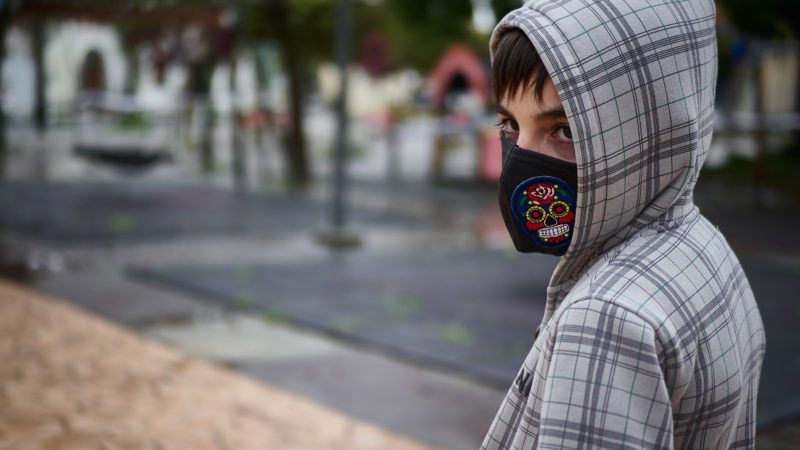WHO Deletes Misleading Tweet That Spread Paranoia About COVID-19 Reinfection
"The thread caused some concern & we would like to clarify."

This weekend the World Health Organization (WHO) had to delete a misleading tweet about the coronavirus. Unfortunately, several media outlets had already cited it, spreading unwarranted fear about the likelihood of secondary COVID-19 infections.
On Friday, the WHO published a scientific brief on "immunity passports"—the idea that governments should grant special documents to citizens who test positive for COVID-19 antibodies, allowing them to move about freely. The WHO warned that this is premature, since "no study has evaluated whether the presence of antibodies to SARS-CoV-2 confers immunity to subsequent infection by this virus in humans."
The WHO is correct that scientists have not determined the degree of immunity enjoyed by COVID-19 survivors. But the tweet version of the brief was missing important context, and it said only this: "There is currently no evidence that people who have recovered from #COVID19 and have antibodies are protected from a second infection."
That's technically true: There's no evidence of immunity. But that's because COVID-19 is new and the matter hasn't been conclusively studied yet. Scientists have good reason to expect COVID-19 survivors to have some immunity to the virus, though they're unsure how strong it will be or how long it will last.
"When they say 'no evidence' they mean something like 'no definitive proof, yet,'" wrote statistician Nate Silver in response to the WHO tweet. "But the average person is going to read it as 'there's no immunity to coronavirus,' which is likely false and not a good summation of the evidence."
Indeed, Bloomberg News reported this story with the headline "WHO Warns You May Catch Coronavirus More Than Once." Here's how the article started:
Catching Covid-19 once may not protect you from getting it again, according to the World Health Organization, a finding that could jeopardize efforts to allow people to return to work after recovering from the virus.
That's just wrong. There is no "finding" to speak of here, just an absence of definitive proof that antibodies confer a degree of immunity. Many readers undoubtedly would come away from these statements with a level of anxiety—You can get it again! We're doomed!—that isn't merited.
The WHO ultimately conceded that its declarations about immunity passports were overly pessimistic and deleted the tweet in question.
Earlier today we tweeted about a new WHO scientific brief on "immunity passports". The thread caused some concern & we would like to clarify:
We expect that most people who are infected with #COVID19 will develop an antibody response that will provide some level of protection. pic.twitter.com/AmxvQQLTjM
— World Health Organization (WHO) (@WHO) April 25, 2020
From parroting the Chinese communist government's lies about COVID-19 to wrongly warning people against wearing masks, the WHO has badly mishandled its communications about the pandemic. The organization really needs to get its act together.
